One way that vacant properties bring increased risk to insurance carriers is through theft. When a property sits unoccupied for period of time, it’s not uncommon for thieves to access the property to steal copper wiring as it’s a highly valuable scrap metal. Thieves also perceive home appliances, hardware, and air conditioning units as valuable, and it’s not unusual for these items to be taken from a vacant property as well.
Another common property risk associated with vacant homes is water-related issues from pipe breakage. If the property is sitting vacant, a water leak can easily go undetected for days or weeks, wreaking havoc on the property and resulting in significant claims.
Mitigate Risk with a Residential Inspection
When underwriting a vacant property, conducting an in-person residential inspection can provide a lot of value to the property owner and help to mitigate insurance risk. Insurance carriers should use a residential inspection as an opportunity to educate property owners about ways that they can reduce their risk of experiencing a loss.
Here are several property safety tips that insurance carriers should share with homeowners when completing a residential inspection:
1. Make the Property Look Occupied
If a property is going to sit vacant for a period of time, it’s important that the property owner takes measures to make the property appear occupied to deter criminals. Examples of precautions to take include keeping the blinds closed, investing in interior and exterior light timers, and posting “beware of dog” signs.
2. Install a Security System
Thanks to smart home technology, property owners can manage their security systems without having to be present in the home. The use of motion detectors and online video surveillance will help owners to keep tabs on the property even if it is sitting vacant. Sometimes even an alarm company sticker or the presence of security cameras is enough to thwart burglaries.
3. Ensure Property is in Good Condition
A thorough, in-person residential inspection will take into consideration the major components of the property (roof, systems, etc) and identify any areas of vulnerability. Conducting a residential inspection will make property owners aware of any potential issues before they become a problems. Assuming any issues are promptly corrected, an inspection can give the property owner the peace of mind that the home is in good condition and less likely to create a threat even if it sits vacant for a period of time.
Our team at Insurance Risk Services has been partnering with property and casualty insurance carriers for more than 30 years to provide them with accurate underwriting support, primarily through in-person residential and commercial property inspections. We are well aware that vacant properties present a number of increased risks, and engaging us to complete a thorough property inspection will present you with a well-rounded picture of these risks.
Contact us at Insurance Risk Services to learn more about the value that we can bring to your underwriting process.


